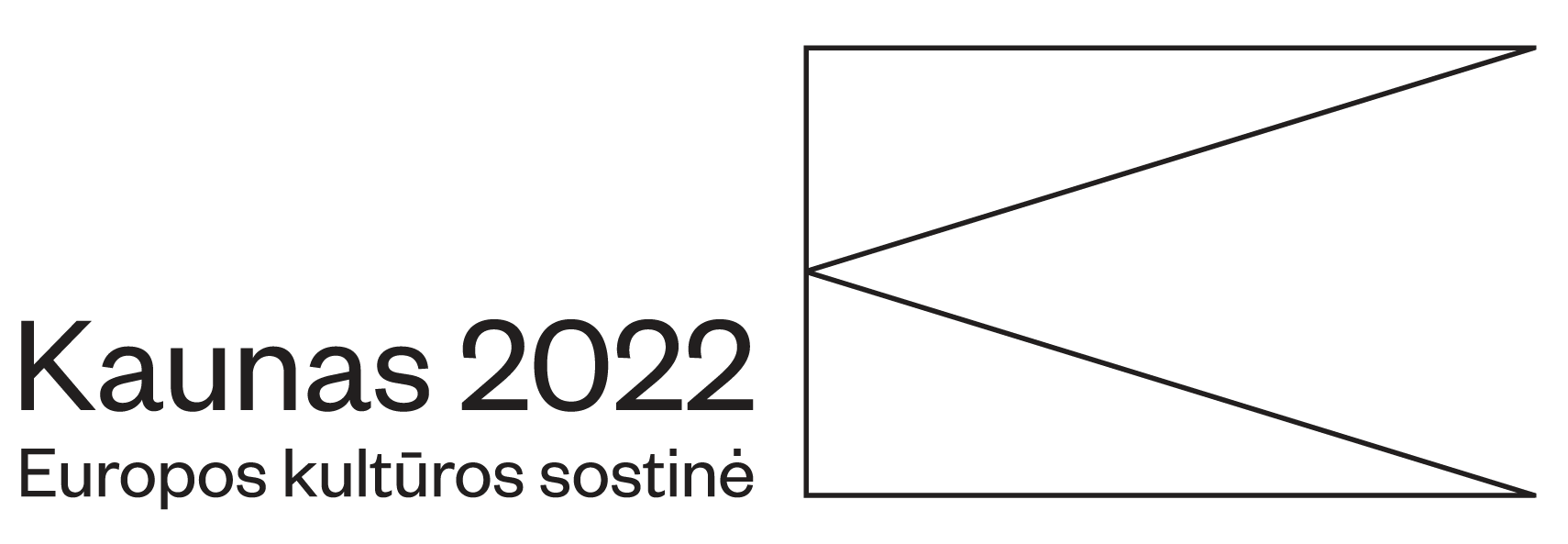Initiated by the Saarland, experts from all over Europe discussed in May the potential of border regions as pioneers and driving forces for the European integration. Kaunas 2022 head of international relations and programming Ana Čižauskienė was part of the discussion about the opportunities and prospects that cross-border regions can offer to pan-European networking.
Under the auspices of the European Committee of the Regions (CoR), the Brussels-based regional representative offices of Saarland, Rhineland Palatinate, Eastern Belgium and the Bureau Europe Grand Est hosted a panel discussion on 28th May entitled ‘European Border Regions – Pioneers and Driving Forces for the European Idea?’.
Christoph Roth, the head of the Saarland Government EU Office in Brussels, underlined the forces and potential of border regions, representing 40% of the European territory and giving home to 30% of the European population.
“Border regions, where European identity and European reality come together, are somehow the grassroots for the European idea. The 350 European border regions are laboratories and predestined to test solutions for Europe.” said Martín Guillermo Ramírez, Secretary General of the Association of European Border Regions, in his incentive statement.
Thomas Wobben, director at the European Committee of the Regions, discussed key issues with Lukas Redemann, Chair of the General Student Committee (AStA) at Saarland University, Hynek Böhm, a border studies specialist from Liberec (Czechia), Maria Stoicheva, Vice-President of Sofia University (Bulgaria), Ana Čižauskienė, Head of the ‘European Capital of Culture 2022’ in Kaunas (Lithuania), and Szymon Adamczyk, CEO of a start-up company from Katowice (Poland). The discussion was moderated by Michael Stabenow, Brussels correspondent at the German newspaper FAZ.

